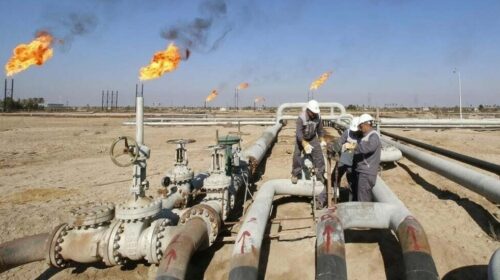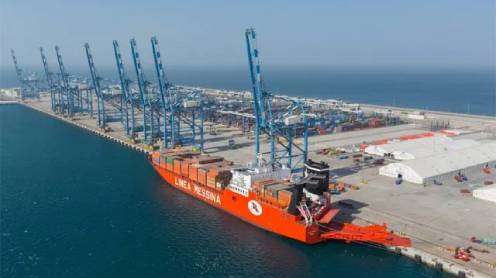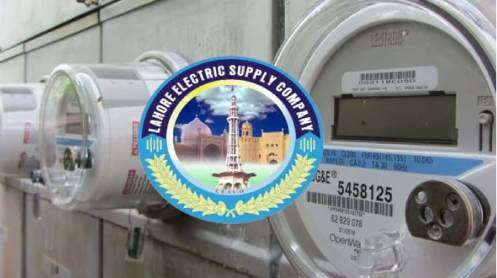A parliamentary panel, on Thursday, took serious notice of 385 cases registered against gas theft, especially in Sindh.
The Senate Standing Committee on Petroleum, presided over by Senator Mohammad Abdul Qadir, deliberated over the issues of gas theft from the main pipeline and was informed that a total of 385 cases had been registered against all types of theft from the pipeline.
Of the 385 cases, 26 convictions had been secured while 56 accused had been fined millions of rupees. To-date, however, there have been no convictions against any PARCO staff.
Other matters discussed in the meeting included gas load-shedding in Sindh, Balochistan and the non-establishment of LPG stations in Panjgor. It was also discussed that Pakistan State Oil (PSO) is not chartering a Pakistan National Shipping Corporation (PNSC) fleet for petroleum products (POL) and that the Oil and Gas Development Company Limited made 11 oil and gas discoveries this past year.
The committee took strict notice of the fact that numerous industries in Sindh were installing large compressors to suck gas supply towards their own units. The committee demanded details of the companies involved and asked for urgent action to be taken against them.
With regards to the supply of gas being closed to gas stations in Khyber-Pakhtunkhwa, the committee was informed that the step was taken to ensure gas supply to domestic consumers. The members, however, recommended that the matter be taken up with the prime minister.
Discussing the slab rates being applied in Balochistan, Senator Qadir stressed the need to ensure that the people be facilitated and slab rates not be applied during the harsh winter months. “An all-out effort must be made to protect the poor man from increase in gas rates as recommended by the International Monetary Fund,” said Qadir.
About PSO’s reluctance to charter a PNSC fleet, Qadir stressed that in view of the current financial crisis, it is essential that preference be given to local companies. He explained that PSO needed to charter PNSC fleets for the import of high-speed diesel and Mogas products as this would help preserve around $200 million per year.







